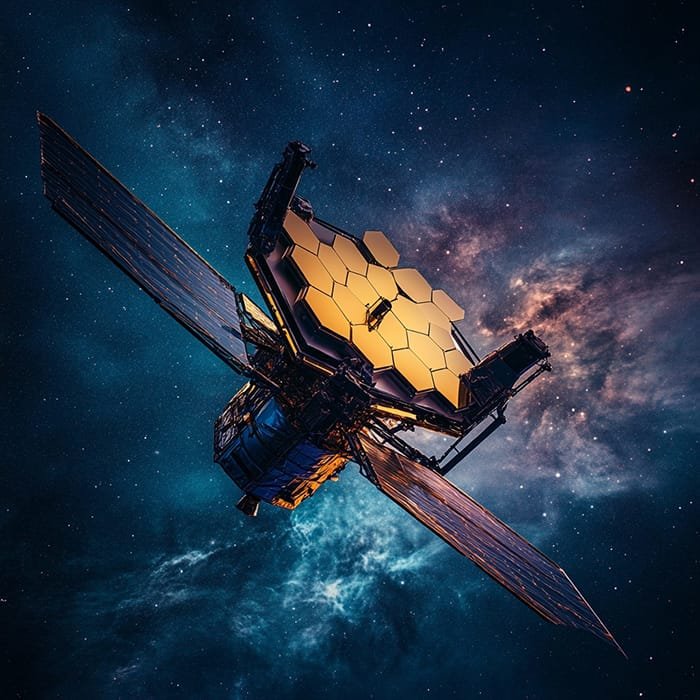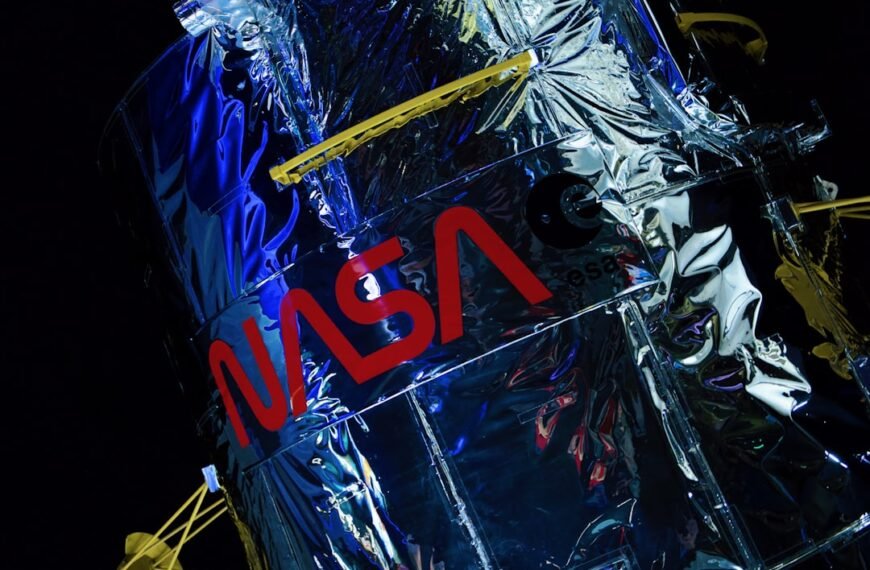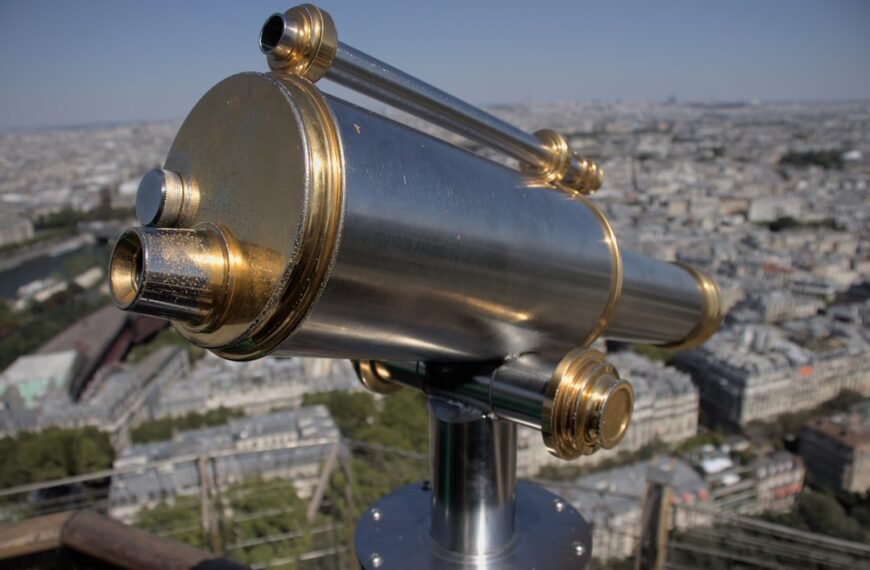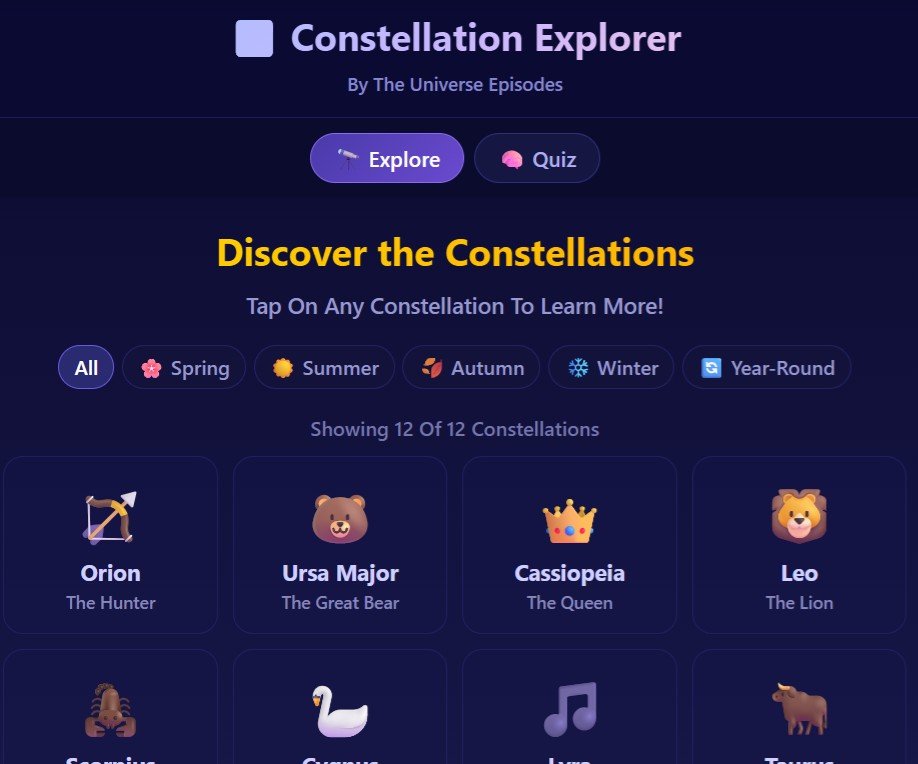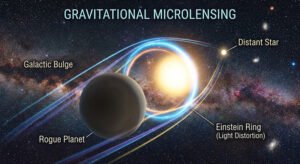Space exploration drives economic growth, creates jobs, inspires innovation, and fosters global unity, making it worth the investment.
Is Space Exploration Worth the Money?
Space exploration. It’s the stuff of dreams and science fiction, yet it’s also a very real, tangible endeavor that commands significant financial resources. Is it worth the money, though? That’s a question that has sparked countless debates, from dinner tables to government halls. In this blog post, we’ll embark on a journey through the cosmos of facts and figures, exploring whether the vast expenses of space exploration truly pay off.
Key Takeaways 📝
- Space exploration is not just a lofty dream; it generates significant economic benefits, including over 340,000 jobs in the U.S. alone.
- The global space industry is valued at over $400 billion and continues to grow, driven by both government and private sector investments.
- While the financial costs are substantial, the intangible benefits—such as inspiration and international collaboration—are vital for future innovation.
- Everyday technologies like GPS and medical imaging can be traced back to advancements made through space research, showcasing its practical impact on daily life.
- Public support remains crucial for sustaining investment in space exploration, reflecting a collective recognition of its potential to drive technological and economic growth.
Space: the final frontier, as they say. But exploring it isn’t just about boldly going where no one has been before; it’s about asking whether that boldness is worth its weight in gold—or dollars, more accurately. Let’s dive deep into what makes space exploration a captivating yet costly pursuit.
The Financial Landscape of Space Exploration

2.1 Government Space Programs
Government agencies like NASA in the United States and ESA in Europe have historically been at the forefront of space exploration. These programs often involve hefty budgets; for instance, NASA’s budget for 2021 was around $23 billion. This funding supports everything from satellite launches to research missions on Mars.
2.2 Private Sector Investments
The emergence of private companies like SpaceX, Blue Origin, and Virgin Galactic has revolutionized the space industry. These entities are not only reducing costs through reusable rockets but also accelerating technological advancements. Private investments in space exploration have surged, with billions of dollars funneled into creating new opportunities for both commercial and scientific endeavors.
Economic Impact of Space Exploration
3.1 Job Creation
Space exploration is a major job creator. NASA alone supports nearly 340,000 jobs across the United States, offering positions that range from engineering to data analysis. These jobs are often high-paying due to the specialized skills required, contributing significantly to economic stability and growth.
3.2 Economic Output and Growth
The global space industry is valued at over $400 billion, a figure that continues to rise as technology advances and new markets emerge. This industry not only generates direct economic output through activities like satellite launches but also stimulates growth in related sectors like telecommunications and materials science.
Technological Advancements Driven by Space Exploration
4.1 Everyday Technologies Born from Space Research
Did you know that your scratch-resistant glasses and camera phones have roots in space technology? Space exploration has a knack for pushing the boundaries of what’s possible, leading to innovations that trickle down into everyday life. The Technology Transfer Program by NASA is a prime example, returning $7 to $21 for every dollar spent.
4.2 Future Innovations on the Horizon
As we look to the future, space exploration holds the promise of breakthroughs in areas like artificial intelligence, robotics, and renewable energy. The pursuit of Mars habitation, for instance, is driving research into sustainable living solutions that could be applied on Earth.
Scientific Benefits of Reaching for the Stars
5.1 Understanding Our Universe
Exploring space provides invaluable insights into the origins and workings of the universe. Missions like the Hubble Space Telescope have expanded our understanding of cosmic phenomena, from black holes to the birth of stars.
5.2 Earth Monitoring and Climate Change
Satellites orbiting Earth play a crucial role in monitoring environmental changes and natural disasters. These space-based observations are indispensable for climate science, helping us track global warming trends and develop strategies for adaptation.
Societal and Cultural Impacts
6.1 Inspiring the Next Generation
Space exploration inspires awe and wonder, capturing the imaginations of young minds worldwide. This inspiration is vital for encouraging interest in STEM fields, fostering a culture of innovation essential for future technological progress.
6.2 Cultural Shifts and Global Unity
Space missions often transcend national boundaries, uniting countries in a common goal of exploration. The International Space Station is a testament to this collaborative spirit, promoting peace and understanding among nations.
The Cost-Benefit Analysis: Weighing the Pros and Cons
7.1 Financial Costs vs. Economic Benefits
While the financial costs of space exploration are substantial, the economic benefits in terms of job creation, technological advancements, and scientific discoveries are equally significant. The challenge lies in balancing these costs with the benefits accrued over time.
7.2 Intangible Benefits
Beyond tangible economic gains, space exploration offers intangible benefits like inspiration, education, and international collaboration. These factors contribute to a more informed, connected, and innovative global society.
Public Opinion on Space Exploration Funding
8.1 General Perception
Public perception plays a crucial role in shaping space exploration policies. Surveys indicate that a majority of Americans support continued investment in space exploration, recognizing its potential for technological and economic growth.
8.2 Shifts in Public Interest Over Time
Interest in space exploration has waxed and waned over the decades, influenced by factors like economic conditions and geopolitical tensions. However, recent advancements in technology and the rise of private space companies have rekindled public enthusiasm.
Ethical Considerations in Space Exploration

9.1 Environmental Concerns
While space exploration offers numerous benefits, it also raises environmental concerns. The impact of rocket launches on Earth’s atmosphere and the issue of space debris are topics of ongoing debate and research.
9.2 The Ethics of Colonization
As humanity sets its sights on Mars and beyond, ethical questions about colonization arise. These considerations include the rights of extraterrestrial environments and the implications of human settlement beyond Earth.
Is space exploration worth the money? When you consider the economic, technological, scientific, and societal benefits, the answer leans towards a resounding yes. The investment in space exploration not only fosters innovation and economic growth but also inspires future generations and unites people across the globe. As we continue to explore the cosmos, the potential for new discoveries and advancements is limitless, promising a brighter future for all humanity.
FAQs: Is Space Exploration Worth the Money?
What are the economic benefits of space exploration?
Space exploration generates economic benefits through job creation, technological innovation, and industry growth, contributing significantly to the global economy.
How does space exploration impact everyday life?
Many everyday technologies, such as GPS, weather forecasting, and even medical imaging, have roots in space research and development.
Why is public support important for space exploration?
Public support influences government policies and funding for space programs, ensuring sustained investment in exploration and innovation.
What are the environmental concerns related to space exploration?
Concerns include the environmental impact of rocket launches, space debris, and potential disruption to extraterrestrial environments.
How does space exploration inspire future generations?
Space missions capture the imagination of young people, encouraging them to pursue careers in STEM fields and fostering a culture of curiosity and innovation.



